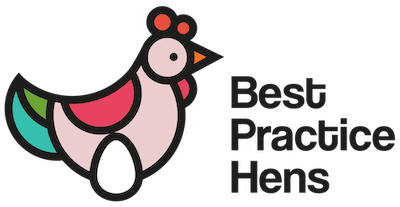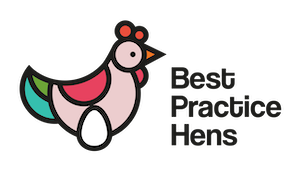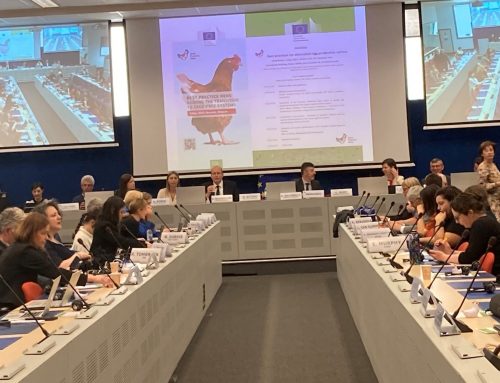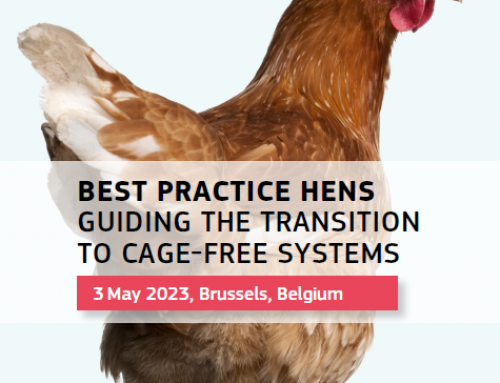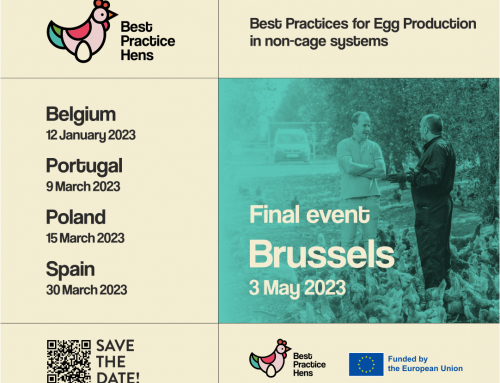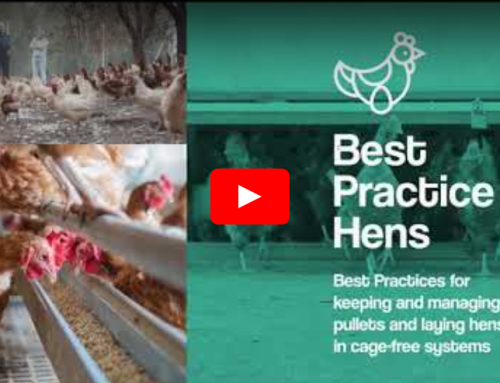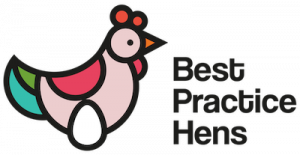
Second Press Release: Best Practice Hens launches a collection of Practice Abstracts highlighting best practices in cage-free systems
The Best Practice Hens project contributes to helping egg farmers transition to cage-free systems (indoor systems, and free-range or organic systems) by practical guidance on best practices for pullets and laying hens. The project aims to take the needs and realities of farmers into account. It focuses specifically – but not only – on the situation in Poland, Spain, Portugal, and Belgium (target countries) to provide valuable and targeted information. Best Practice Hens brings together European experts from academia, research institutes, a non-profit organization and a poultry specialized veterinarian company to join forces to improve the welfare of pullets and laying hens through changing to cage-free systems.
The egg sector is of great importance in EU food production. In the EU, we are self-sufficient in egg production and consumption. However, there are big differences in laying hen housing systems among EU countries. Animals are either kept in furnished cages or cage-free housing systems, including indoor, free-range, and organic systems. Around half of the total EU egg production comes from furnished cages, 33% from indoor cage-free systems, 12% from free-range, and 6% from organic systems. Among the top 10 egg producers in Europe, Germany, and The Netherlands stand out as countries with the highest percentage of cage-free systems. However, amongst the top egg producing countries, Poland, Spain, Portugal, and Belgium still have a relatively high percentage of hens kept in furnished cages.
The project launched a collection of Practice Abstracts (PA) on keeping and managing pullets and laying hens to ensure high welfare mainly during the transition to higher welfare egg production systems. These PAs are currently available in English and will shortly be translated into Spanish, Portuguese, Dutch, Polish, German and French. They are structured in 2 pages to make the practice-oriented knowledge easily available. Its objective is to support the transition to cage-free systems within the EU, by showing best practices examples and solutions to main current problems in egg production. The Best Practices compiled in the different PAs will be relevant to all parties: egg producers and industries, representatives of farmer and advisor’s associations, but also policymakers and animal welfare organizations.
Furthermore, transferring knowledge collected, validated and applied so far to egg producers on the diverse housing systems help producers decide on a possible switch to cage-free systems. Therefore, Best Practice Hens will organize dissemination events for egg producers and advisors in Belgium, Spain, Poland, and Portugal, in the coming months. If you are an egg producer or advisor in these countries, you are invited to participate in the national dissemination events. In these events, we will have a good look at the cage-free systems. This should help farmers to make better choices concerning developments and changes in the market, economic aspects, environmental issues and ensuring a high level of animal welfare. A final event will be organized in Brussels in 2023 after these national events. These events seek to help the egg industry across Europe (and beyond) to meet market demands by providing practical support to farmers.
The Best Practice Hens involves Utrecht University (coordinator), Wageningen University & Research (NL), the Flanders Research Institute for Agriculture, Fisheries and Food (BE), Aarhus University (DK), Neiker, Ecovalia (ES), and the Institute of Genetics and Biotechnology of the Polish Academy of Sciences (PL). Moreover, FairPoultry (NL) and Kipdip (PL) participate as subcontractors. The Best Practice Hens project is currently in its mid phase, as it will last for 2 years, ending in May 2023.
Stay tuned! Soon we will have more material to share in other languages and announce the events’ dates.
Go to the Practice Abstracts: www.bestpracticehens.eu/materials/

